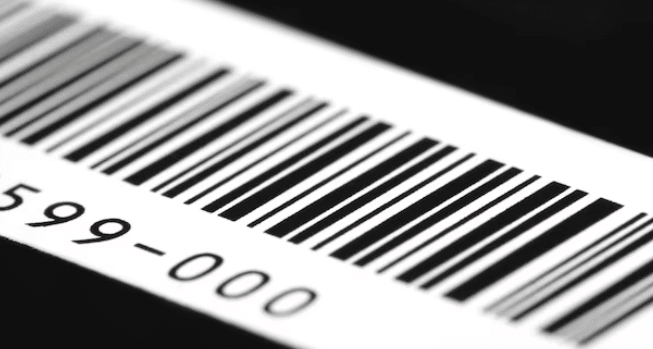What Is a Manufacturer Part Number or MPN?
The Manufacturer Part Number, or MPN, is a distinct alphanumeric code assigned by manufacturers to their products. This code is specific to each item and helps in differentiating between various products in the same category. MPNs are not only crucial for manufacturers but also play a pivotal role in the operations of online marketplaces.
Think of the MPN as a product's DNA—it encapsulates essential information about the item, such as its make, model, and variant. This makes it easier for sellers to list items accurately and for buyers to search for and purchase exactly what they need.
Sellers benefit from providing accurate MPNs in their listings as it enhances their product's visibility and trustworthiness. On the other hand, buyers can be confident that they're purchasing the exact item they're looking for when the MPN matches their requirements.

MPN vs. UPC and EAN
While MPN focuses on the manufacturer's unique identification for a product, UPC (Universal Product Code) and EAN (European Article Number) are standardized barcodes that represent a product's identity on a global scale. Each of these codes serves a distinct purpose in the world of commerce.
MPNs come into play when dealing with items that might not have a universal barcode, such as parts or components unique to a particular brand or manufacturer. In such cases, relying on the MPN ensures accurate product identification and reduces the risk of purchasing errors.
For instance, a popular electronics brand might use an MPN to distinguish between different versions of a laptop model. At the same time, a widely recognized soft drink could be identified using its UPC code.
Importance of Correct MPN Usage
Accuracy is paramount when it comes to listing products with the correct MPN. Sellers must diligently cross-reference the MPN provided by the manufacturer to avoid confusion and misrepresentation in their listings.
Incorrect MPNs can also lead to frustrated buyers who receive items that don't match their expectations. This can result in negative feedback, returns, and a diminished shopping experience.
Sellers benefit from using MPNs to organize their inventory efficiently. By associating each item with its corresponding MPN, sellers can monitor stock levels, track sales performance, and manage their listings more effectively.
.



